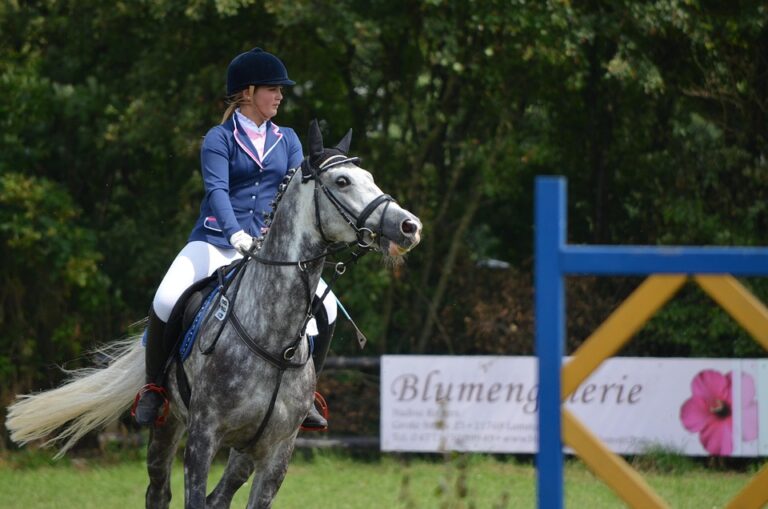Esports Tournaments and Mental Health: Coping with Pressure and Expectations
Esports tournaments have surged in popularity over the past decade, with millions of viewers tuning in around the world. However, alongside this growth lies an often-overlooked aspect: the mental health of the players. As they face immense pressure and high expectations, understanding the psychological impact of competitive gaming has become crucial.
The Rise of Esports: A Competitive Landscape
Esports tournaments have transformed into a $1.08 billion industry as of 2021, with projections estimating this figure could surpass $1.5 billion by 2024 (Newzoo). This rapid expansion is accompanied by a growing number of players, teams, and sponsors, creating an increasingly competitive environment.
The Pressure of Performance
In esports, athletes are constantly under scrutiny. Players must not only perform well but also maintain a public image that satisfies fans and sponsors. The pressure of performing at a high level can lead to mental health issues such as anxiety, depression, and burnout. According to a recent study published in the journal Psychology of Sport and Exercise, over 50% of esports athletes report feeling significant levels of stress during competitions.
Expectations vs. Reality
Unlike traditional sports, where athletes often have support systems built around them, many esports players are relatively isolated. They may train for hours on end, dedicating their lives to perfecting their skills. However, this dedication can sometimes lead to unrealistic expectations. Players often believe that achieving fame and fortune is a quick and effortless journey. This belief can lead to significant emotional distress when success doesn’t materialize overnight.
Coping Mechanisms for Mental Health
Given the high-stress nature of esports tournaments, players need effective coping mechanisms. Here are some strategies that can help:
1. Establishing a Support System
Creating a support network is vital. Friends, family, and fellow gamers can provide encouragement during tough times. A strong support system can also facilitate discussions about mental health, helping players to express their feelings rather than bottle them up.
2. Mindfulness and Relaxation Techniques
Practicing mindfulness can significantly alleviate stress. Techniques such as meditation and yoga can help players focus their minds and reduce anxiety. For example, a well-known esports team, Team Liquid, incorporates mindfulness practices into their training regimen, helping players cope with the pressures of competition.
3. Seeking Professional Help
Professional counseling or therapy can provide tailored strategies for managing stress. Mental health professionals specializing in sports psychology can offer coping techniques that resonate specifically with gamers, providing strategies to handle pressure in an esports context.
4. Balanced Lifestyle Choices
Maintaining a balanced lifestyle can also have a considerable effect on mental health. Regular exercise, a healthy diet, and sufficient sleep can enhance overall well-being. Players should prioritize taking breaks between training sessions to decompress and recharge.
The Community’s Role
The esports community also plays a fundamental role in shaping mental health awareness. Organizations and teams are beginning to recognize the importance of mental well-being and are implementing initiatives to support their players. For example, the esports organization OverActive Media established a mental health initiative that includes access to counseling services for their players.
A Shift in Culture
As mental health becomes a more prominent topic, the stigma surrounding it is slowly dissipating. Notable figures in the industry, such as former League of Legends pro player Yihong “Tyler1” Chen, have begun openly discussing their mental health struggles, paving the way for others to follow suit.
Conclusion
In the high-stakes arena of esports tournaments, mental health is a critical issue that deserves our attention. With the continued rise of the industry, it’s essential to ensure that players are equipped with the tools and support they need to navigate the pressures of competition effectively.
If you’re interested in learning more about the dynamics of esports, you might find these articles helpful: The Evolution of Competitive Gaming and Understanding Game Design: The Psychology Behind Your Favorite Games.
For additional resources, consider checking out initiatives from Mental Health America and The Anxiety and Depression Association of America, which provide valuable insights into mental wellness.
Suggested Images:
- Image 1: An intense esports tournament scene, showing players focused and under pressure (Alt text: Esports Tournaments).
- Image 2: A support group for esports athletes discussing mental health (Alt text: Esports Tournaments and Mental Health Support).
By prioritizing mental health in the esports community, we can foster a healthier environment where players not only excel in their craft but also thrive emotionally.


